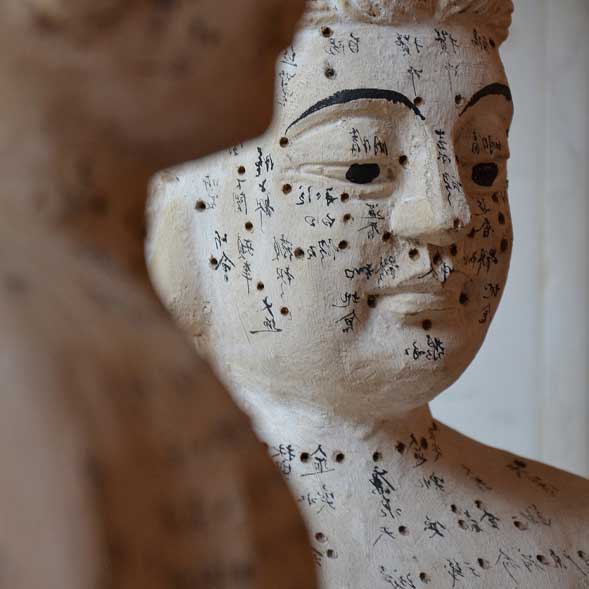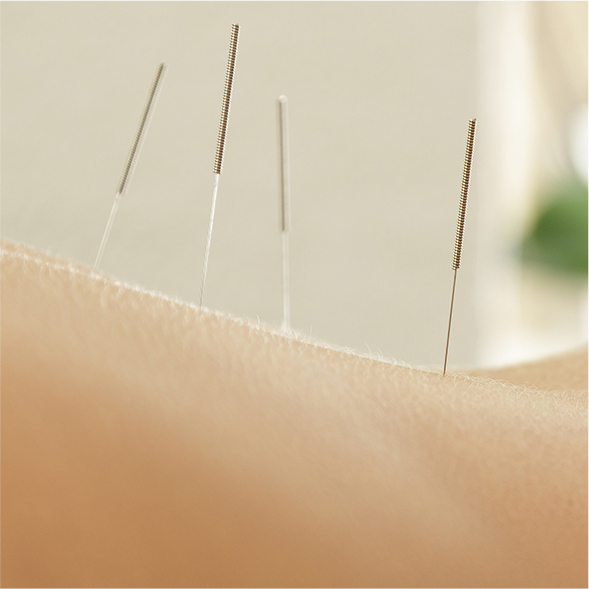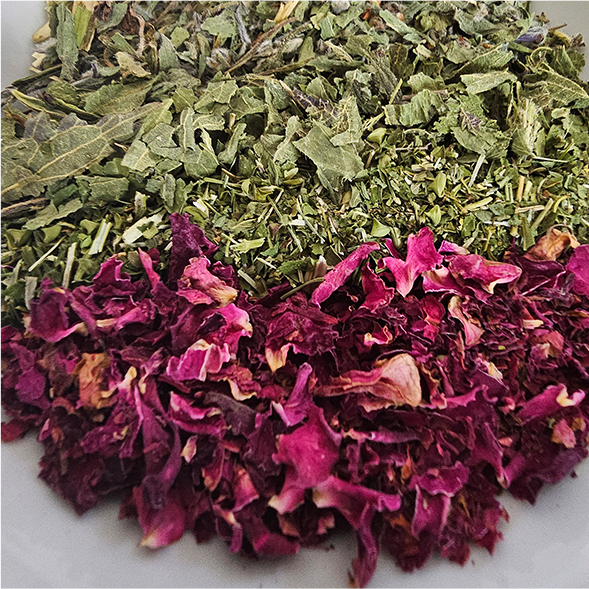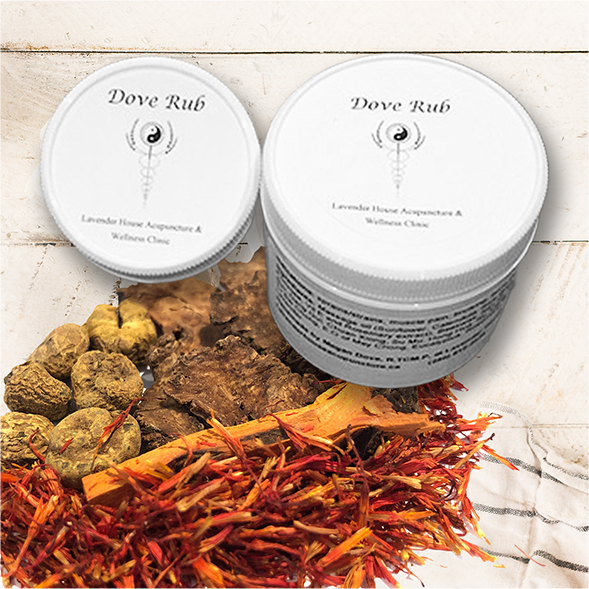About TCM
"The message that underlies healing is simple yet radical: We are already whole... Underneath our fears and worries, unaffected by the many layers of our conditioning and actions, is a peaceful core. The work of healing is peeling away the barriers of fear that keep us unaware of our true nature of love, peace, and rich interconnection with the web of life. Healing is the rediscovery of who we are and have always been." ~ Joan Borysenko

Traditional Chinese Medicine
The ancient science of Traditional Chinese Medicine (TCM) is a holistic system, which has evolved over millennia. At the core of TCM lies the belief that everything in the universe is interconnected. Body and mind are as much interconnected as organs and different parts of our bodies, and an imbalance to any part of our system results in discomfort and illness.
A variety of different concepts are utilized to explain and analyze the holistic harmonies of the human body, and one of those concepts is known as qi. Qi is vital energy, constantly flowing through our bodies. It is credited with keeping the balance by continuously sending the flow of energy through channels called meridians. An imbalance to the flow of qi causes illness; the flow needs to be corrected in order to restore balance and wellness.
While this concept seems beautifully simple, it is only one part of the intricate complexity of Traditional Chinese Medicine. The harmonies in our body and mind are also affected by the five elements, and the opposing, yet complementary, forces of yin and yang.
The five elements wood, fire, earth, metal, water make up the physical universe, and offer a concept of explaining the balances in the human body. Organs and bodily functions have corresponding elements assigned to them, to explain the effect of possible imbalances. The relationship of the elements is in constant flux; often opposing each other, yet dependent on each other, and ultimately in balance.
The two opposing forces of yin and yang, another concept utilized in TCM, are at the same time opposing and dependent on each other. Without light, there is no dark; without hot, there is no cold. Just like qi constantly flows through our bodies, yin and yang are in constant motion and change but they always balance themselves. When yin or yang are in excess or deficiency, the balance is broken and needs to be restored for wellness.
As complex as TCM presents itself to the Western mind, its effectiveness in treating a wide range of conditions has opened up a door between Eastern and Western cultures. Traditional Chinese Medicine can treat almost anything a Western family doctor can, and has shown beneficial results for both acute and chronic illnesses. It can be used complementary to Western medicine, and may be the right solution for you.
Health problems, that can be effectively treated with different TCM therapies, are:
- Fibromyalgia
- Chronic Fatigue Syndrome
- Digestive Disorders
- Migraines and Headaches
- Asthma
- Infertility
- PMS and Period Pain
- Symptoms of Menopause
- Anxiety and Depression
- PTSD
- Aches and Pains of Pregnancy
- Addiction
- Insomnia
- Injuries
- Chronic and Acute Pain
- Stress Management
- Cancer Support
Of course this list is not exhaustive, but rather a short list that shows the tremendous scope of TCM. You can always contact me for more information, or to find out if Traditional Chinese Medicine is right for you.
Therapies offered at Lavender House Acupuncture and Wellness Clinic include TCM Herbal Therapy and Acupuncture.




